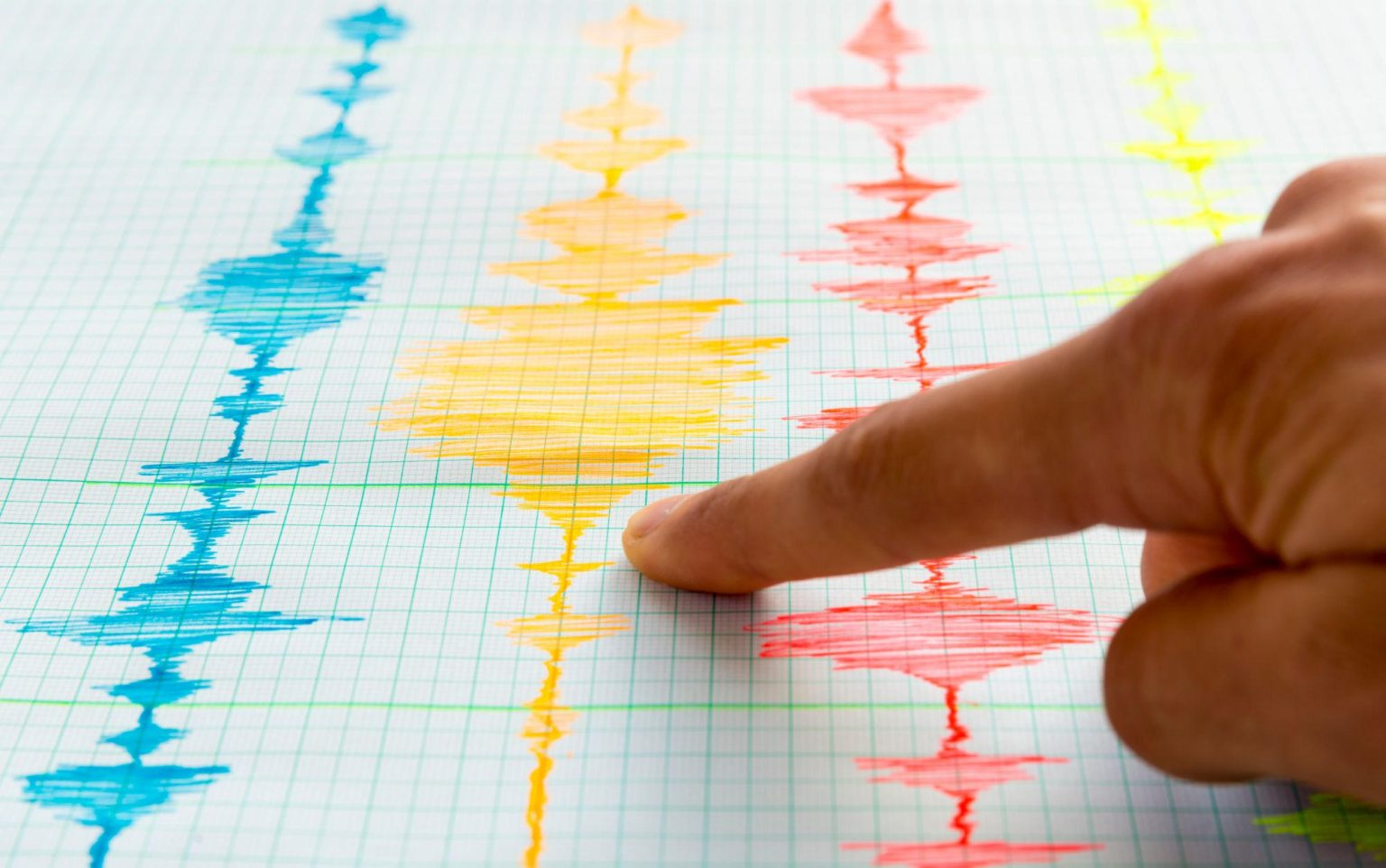The small red exoplanet called TOI-6713.01 orbits the red dwarf. Telescopes tell that there is intense volcanic activity in that strange world, covered by molten lava. The intense volcanic activity on that planet can form because its star causes intensive heat. If the star transports energy to its planet, and energy cannot fly to space, that thing causes the planet's internal parts to temperature.
Sooner or later. The atmospheric heat affects the planet's core if it cannot send that radiation into space. And that thing increases the power of fission in the planet's core. That can cause volcanism. Same way the intense heat in the atmosphere can melt the planet's shell.
The inner fission and star-coming energy combination can raise the planet's temperature higher than stars. The temperature on exoplanet TOI-6713.01 is 2600 Kelvin can form. Because of a combination of internal fission and outcoming energy. Together with an extremely powerful greenhouse effect. Those effects can raise the planet's temperature to higher levels, than some stars' temperatures.
But can the rise of atmospheric temperature on Earth cause things like earthquakes? The answer is that the vaporizing oceans decrease the water layer's weight on Earth's shell. That thing makes the lithosphere easier to move, especially if the energy or pressure impulses come from below the lithosphere.
The Earth is not any TOI-6713.01. This planet's atmosphere rise doesn't melt the shell. But that rising temperature can increase vaporization. That means that more water in seas and water systems turns into vapor. This effect decreases the water layer's weight.
And that means that the weight of the Earth's lithosphere decreases. That causes an effect: on the lithosphere because of weaker energy impulses than previously. Because there is not so much weight on the lithosphere moving that thing requires weaker energy impulses.
https://scitechdaily.com/extreme-exoplanet-discovered-fiery-red-planet-rages-with-intense-volcanic-activity/
https://scitechdaily.com/earths-alarming-whisper-seismology-exposes-the-rumble-of-climate-change/





No comments:
Post a Comment
Note: Only a member of this blog may post a comment.